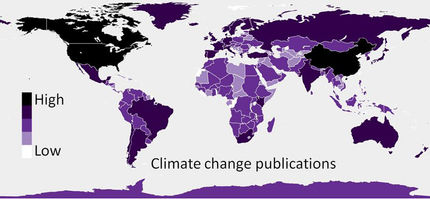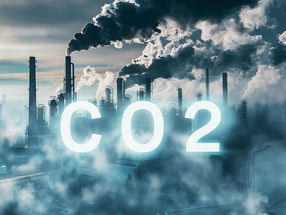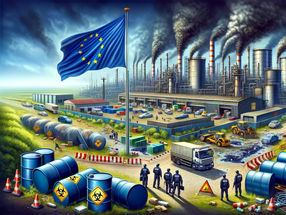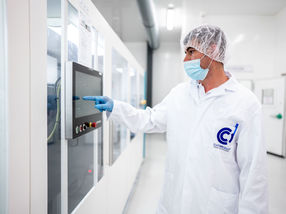Chemical engineers plot low carbon transport path
Julia King, Vice Chancellor at Aston University, UK says that politicians must select ‘winners’ if targets to cut carbon emissions are to be realised. King, who was appointed the UK government’s low-carbon ambassador last year and headed up a government review into low-carbon cars, spoke to an audience of 150 chemical engineers and invited guests at the IChemE (Institution of Chemical Engineers) 2010 John Collier lecture at the Royal Society in London.
The UK has a target to cut carbon emissions by 20% by 2020 and 80% by 2050 and King said that it was important to concentrate on decarbonising cars and vans as they made up 68% of UK transport emissions in 2007. She added that electrifying trains was a nice idea but a lot of effort for a sector that contributes less than 2% of emissions.
“There is an enormous amount of exciting science and technology going into conventional vehicles and I’m sure there is more to come,” said King.
But she warned that if the UK is to meet longer-term targets, we will need to “make radical changes and get policy moving”.
“The 80% target will not be met by farming or aviation. This will require the power sector, to begin radically lowering its carbon intensity per unit of electricity leading to a 90% reduction by 2050. For early decarbonisation, the Committee on Climate Change believes it is technologically-possible to install 23 GW of wind, three new nuclear power plants, four carbon capture and storage demonstration facilities and 4 GW of other renewables by 2023. This hike in intermittent power from 10% to 35% will lead to volatile electricity prices, which will force investors to put their money in cheap, reliable gas-fired generation, which will halt the drive to further carbon reduction beyond 2020… No country has delivered an ultra-low carbon generation system in a fully-liberalised market”
King said there are three choices for reducing emissions per kilometre by 90%: shift from fossil fuel to biofuels, electricity or hydrogen. Concerns about the true sustainability of biofuels and the revolutionary changes needed in fuel infrastructure and automotive technology for hydrogen, leaves just electrification which King believes is a challenge but not an unassailable one.
King was presented with the Collier medal by immediate past IChemE president Richard Darton following the lecture.
Most read news
Topics
Organizations
Other news from the department politics & laws
These products might interest you
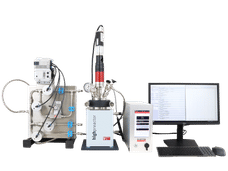 New
New
Fully automated hydrogenation reactor BR/H2 by Berghof
Fully automated hydrogenation reactor: Precise and safe hydrogenation at the flick of a switch
Optimised process control with leakage tests, gas consumption measurement and modular expandability

BRC - Berghof Reactor Controller by Berghof
BRC - complete package for data acquisition, storage and control of all process parameters
Touch controllers are easy to use and provide quick access to all important functions

Berghof Reaktortechnologie - Hoch- und Niederdruckreaktoren, Druckbehälter und metallfreie Reaktoren by Berghof
Safe high- and low-pressure systems for aggressive media
Corrosion-resistant reactors with PTFE lining - individually configurable

Get the chemical industry in your inbox
By submitting this form you agree that LUMITOS AG will send you the newsletter(s) selected above by email. Your data will not be passed on to third parties. Your data will be stored and processed in accordance with our data protection regulations. LUMITOS may contact you by email for the purpose of advertising or market and opinion surveys. You can revoke your consent at any time without giving reasons to LUMITOS AG, Ernst-Augustin-Str. 2, 12489 Berlin, Germany or by e-mail at revoke@lumitos.com with effect for the future. In addition, each email contains a link to unsubscribe from the corresponding newsletter.
